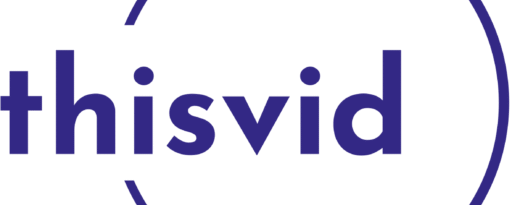Emma Argues With Principal Figgins: A Dialogue on Modern Schooling
In the hallowed halls of a bustling high school, an impassioned debate unfolded that would alter the course of its educational ethos. At the center of this maelstrom stood Emma, a spirited counselor, and Principal Figgins, the school’s seasoned administrator. Their disagreement, stemming from a proposed change, would ripple through the school community, highlighting the critical role of empathy in education.
The Background: Setting the Scene
The school had always prided itself on academic achievements. With a legacy spanning decades, traditions ran deep, and change was often met with skepticism. Emma, with her modern perspectives on student counseling, was a relatively new addition to the staff, while Principal Figgins had been steering the ship for years, balancing tradition with the occasional need for innovation.
The Spark: What Started It All
Emma recognized an emerging trend: students weren’t just grappling with academic pressures, but emotional and psychological ones as well. She proposed a comprehensive counseling program, focusing not only on college admissions but also on mental well-being, resilience, and emotional intelligence.
The Heart of the Matter: Key Issues Raised
Principal Figgins, while appreciating Emma’s intent, raised concerns about the program’s feasibility. Would it distract students from their primary academic goals? Were there enough resources—both financial and human—to implement such a program effectively?
Emma, on the other hand, believed that education’s role wasn’t just to churn out grades but well-rounded individuals. In her view, mental well-being was intertwined with academic success, not separate from it.
The Ripple Effect: Impact on the School Community
The disagreement wasn’t confined to the principal’s office. News of their spirited debates spread, leading to divided opinions. Some teachers felt that the existing system had always worked and saw no need for change, while others echoed Emma’s sentiments, seeing firsthand the struggles their students faced. Parents, too, were split, leading to heated discussions in PTA meetings.
The Role of Empathy in Education
At its core, the debate highlighted a crucial facet of education: empathy. Recognizing that every student is unique, with their own set of challenges, aspirations, and strengths, is paramount. A one-size-fits-all approach, while easier to administer, might not cater to individual needs.
Resolution: Finding Common Ground
After numerous discussions, Emma and Principal Figgins decided to pilot the program with a small group of students, measuring its impact before a school-wide rollout. This compromise ensured that Emma’s modern approach was given a chance, while Principal Figgins’s concerns about feasibility were addressed.
Lessons Learned: A Reflection
The episode was a testament to the power of dialogue, understanding, and adaptability. While disagreements are inevitable, finding common ground and working towards the collective good is what education—and life—is all about.
FAQs on Emma’s Argument with Principal Figgins
1. Why did Emma propose a new counseling program?
Emma noticed the increasing emotional and psychological challenges students faced and believed a holistic counseling approach would better support their overall well-being.
2. What were Principal Figgins’ concerns about the new program?
Principal Figgins was worried about the program’s potential distraction from academic goals and questioned its feasibility in terms of resources.
3. How did the school community react to their disagreement?
The school community was divided, with some in favor of tradition and others advocating for the new approach, leading to spirited discussions among staff and parents alike.
In conclusion, Emma’s determination and Principal Figgins’s experience remind us that progress often lies at the intersection of innovation and tradition. Their story underscores the evolving nature of education and the need for continuous dialogue and adaptation.







